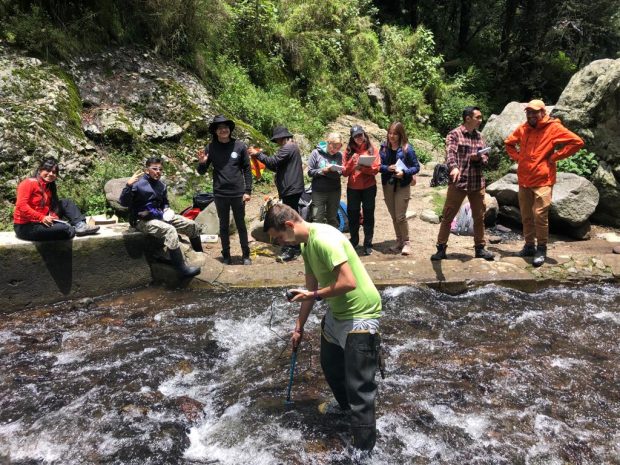The National Autonomous University of Mexico held a postgraduate course on microplastics this summer with the participation of CT BETA
UNAM hopes that this course will provide students with concrete tools to address the problem of microplastics from a comprehensive and collaborative perspective

The growing concern about the impact of plastics and their tiniest fragments, microplastics, has prompted many researchers to direct their efforts towards this emerging field. However, the lack of uniform methodological approaches at the international level significantly complicates this process.
In response to this problem, the National Autonomous University of Mexico (UNAM) has developed a postgraduate course entitled “The Socio-environmental Risk of Microplastics: Concepts and Methods of Detection in Fluvial Environments”. This programme seeks to comprehensively address the worrying presence of microplastics in aquatic ecosystems. One of the specialists who contributed to this course was Sergio Martínez-Campos, postdoctoral researcher at the Applied Ecology and Global Change Area of the BETA Technology Centre.
Throughout this interdisciplinary course, a group of students from different academic levels had the opportunity to address topics that included a variety of sampling methodologies, assessment of associated risks, bioinformatics techniques applied to the study of “plastisphere” and practical analysis using ATR-FTIR. In addition, there was a field trip to the Magdalena River, where participants were able to apply what they had learned in the classroom in a real environment.
UNAM hopes that this course will provide students with concrete tools to address the problem of microplastics from a comprehensive and collaborative perspective. It is hoped that the knowledge acquired will drive the development of new research in this crucial area for environmental conservation in Mexico.
